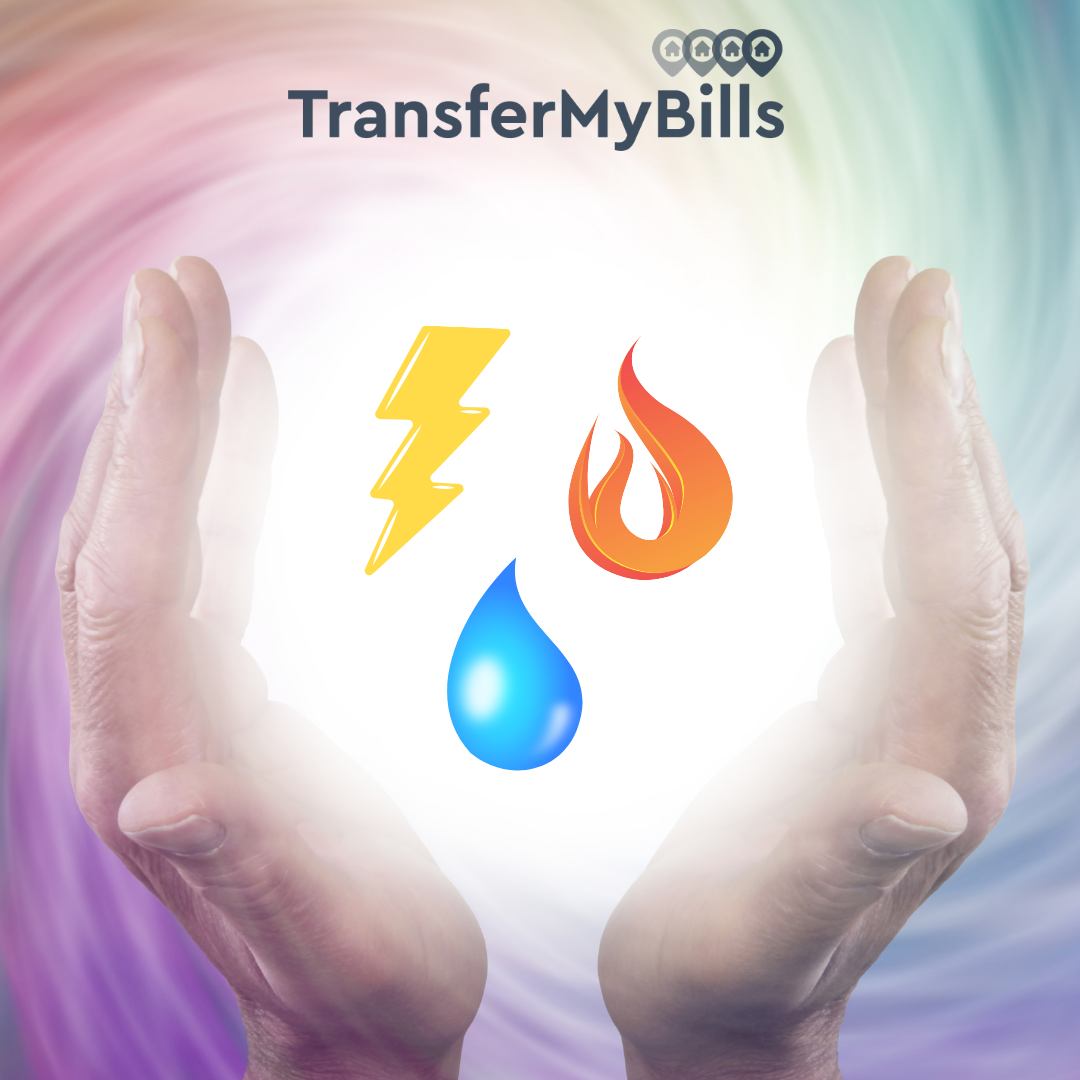So you’ve finally found the right property, jumped through all of the necessary hoops and started to pack your things in anticipation…But wait, it suddenly dawns on you that you have absolutely no idea what to do about your current utility providers, or even who services the new property you’ll be moving into!
This uncertainty is common, as it’s always been one of the more complicated aspects of moving that isn’t readily explained.
The good news is that we’ve broken it down into easy-to-understand steps. The bad news is that the process is still pretty time-consuming, often involving multiple phone calls and horrible hold music…
1. Inform your current utility suppliers
Firstly, you’ll need to get on the phone to the following before you move:
· Your water supplier (regardless of whether you have a water meter or not)
· Your gas & electricity supplier(s)
· Your local council (for both council tax & the electoral roll)
2. Take meter readings on move-out day
Your gas & electricity supplier(s) will need final readings from you which should be taken on the day you move out - if you have a smart meter, do not take it with you! Your water company will also need a reading if you have a meter. Without these the utility companies will charge you at an estimated rate.
If you don’t know where your meters are – here’s some advice which could help you locate them:
Electricity & gas meters will usually be found in a separate cupboard, often in the kitchen, main sitting room or around the front door. However, meters can also be outside of a property, hidden within a box attached to an external wall. In many flats & apartments the meter can be on the ground floor, it’s best to contact your agent or landlord.
Water meters can be a bit trickier to locate, if you’re lucky it will be under your kitchen sink as this is normally where the incoming water enters a property. It may also be in a downstairs toilet. If this proves unsuccessful, then your meter may be in an external box (on a wall or in the garden). Or even on the path to the front of your property.
3. Identify who supplies your new home
Unfortunately your new water company & council aren’t optional, they are geographical and can be identified with some digging online.
In terms of your new energy supplier, you’ll be placed on an automatic contract with whoever currently supplies that address. You can only change energy suppliers from the day you become legally responsible for the property. Even if you have planned to switch to another provider, everyone must pay at least 1 bill to the original supplier, as switching takes up to 21 days no matter who you are with.
4. Take meter readings on move-in day
You know the drill – your new energy supplier & water supplier (meter dependent) will need initial readings on the day you move in. If you’re unsure if the water is metered, you’ll know soon enough as unmetered properties are billed upfront at a fixed cost.
It all sounds like one big stress you’d rather not have to deal with, right?
Thankfully this is why TransferMyBills exists, so home movers don’t have to worry about informing their providers at both properties. TransferMyBills will notify all of your current and new providers, whilst helping you get set-up with great deals on services for your new home such as Energy, Home Insurance, TV and Broadband! And best of all we do this completely free!

